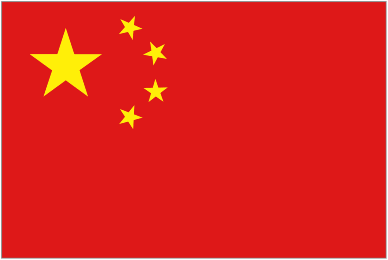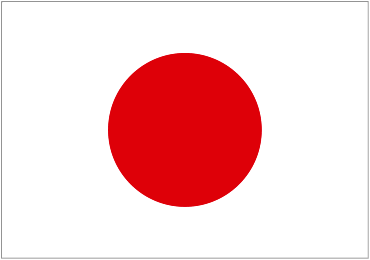The move towards an ASEAN Single Aviation Market boosted infrastructure investment and aviation development plans in the region. Growth is also attributed to the proliferation...

Establishing Free Trade Areas
How viable is investing?
-
ASEAN-China Free Trade Area

China is the world’s most populous country and is home to the world’s largest consumer market at 1.3 billion. It is the world’s second largest economy in terms of GDP, behind the United States of America. It is known for its manufactured exports.
In 2002, China and ASEAN Countries signed the Framework Agreement on Comprehensive Economic Cooperation which formed the legal basis for the creation of the ASEAN-China Free Trade Area (ACFTA). Under ACFTA are three agreements aiming for free flow of goods, services, and investments.
- ASEAN-China Trade in Goods Agreement. Provides for tariff reduction and elimination for tariff lines categorised as either ‘normal track’ or ‘sensitive track’.
- Agreement on Trade in Services. Aims to liberalise and substantially eliminate discriminatory measures with respect to trade in services among the parties in various service sectors.
- Investment Agreement. Seeking to promote and facilitate investment flows within the China and the region, this agreement provides elements that would ensure fair and equitable treatment for investors, non-discriminatory treatment on nationalisation or expropriation, and compensation for losses.
Quick Look on ACFTA Market and GDPLargest free trade area in the world with a combined market of 1.94 billion and GDP of about US$ 9.5 trillion (in 2011).Trade ValueChina is the region’s largest trading partner. Trade between ASEAN and China reached US$280 billion in 2011, representing 11.7% of ASEAN’s total trade.Exports to ChinaElectrical equipment, computer/ machinery, lubricants/fuels/oil, organic chemicals, fats and oils, and rubber, mostly intermediate goods to products that China exports.Foreign Direct InvestmentChina is among ASEAN’s top 10 sources of FDI. From 2009 to 2011, FDI from China reached US$ 10.67 billion.ASEAN-Japan Comprehensive Economic Partnership

Japan is the third largest economy in the world after the United States and China. As of 2011, World Bank estimates Japan’s GDP at US$ 5.9 trillion. Japan is home to some of the world’s most-technologically advanced electronics, automobiles, and machines.
The ASEAN-Japan Comprehensive Economic Partnership (AJCEP) was signed in April 2008. The Agreement covers trade in goods, trade in services, investment, and economic cooperation. Some of the major provisions of AJCEP are as follows:
- Elimination of tariff rates on tariff lines and trade value for goods in the Normal Track
- Rules of Origin (ROO) which allows regional cumulation of inputs
- Dispute settlement mechanism
- Trade in services agreement (currently being negotiated)
- Investment agreement (currently being negotiated)
Quick Look on AJCEP Market and GDPCombined market of over 700 million, with GDP of US$8 trillion.Trade ValueBilateral trade between ASEAN and Japan is valued at US$ 273 billion (in 2011), second only to trade value between ASEAN and China at US$ 280 billion.Foreign Direct InvestmentJapan’s inward FDI to ASEAN amounted to US$ 29.5 billion for the period 2009-2011.
-
Establishing Free Trade Areas
ASEAN continues to reach out beyond its borders as it aims to gain from the strengths of the economies surrounding it. Through ASEAN’s individual free trade agreements (FTAs) with China, Korea, Japan, Australia and New Zealand, and India, investors are provided opportunities to access, linked with, and do business with some of the world’s most high-potential markets.
Industries
-
- Site Map
- Terms & Abbreviations



